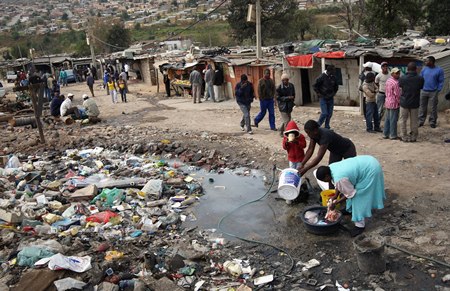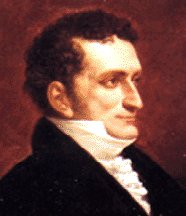IMMUNIZATION
Immunization is very controversial subject and is often the center of discussion around moms
with newborns. I wanted to research more and find out how immunization effects a child’s
healthy development. It is a very big decision to make as parents and can often be something
that parents do not agree upon. I have a Dutch husband and I am South African, fortunately
our countries were very similar in what they schedule for immunizations.
We also did lot of research and my husband being a doctor had an advantage of having dealt
with immunizations and knowledge of them. In both South Africa and Holland immunizations
are strongly recommended but not compulsory. They are funded from the government and there
are also a number of private ones you can get if you wish. My boys were born in South Africa
and of course are exposed to more disease than they would be in Holland. In South Africa it is
recommended that babies have the BCG (anti-tuberculosis vaccine). South Africa has the second
highest tuberculosis in the world after neighboring country, Swaziland. (Health 24, 2014).
In the village where we lived in Cape Town, SA, there were a group of people who were against the
vaccinations and who made the decision not to give them to their babies.
While I agree with each and everyone having the freedom of choice I have to say that I found
this disturbing. I feel that the only reason they have the luxury to not vaccinate is because
most of the children around them have been vaccinated.
In 1998 claims of a link were made between the MMR vaccine and autism by Andrew Wakefield.
This became a very hot topic and the use of the MMR vaccine dropped to an all time low in 2003/04.
The higher the percentage of unprotected children got the higher the cases of measles became.
The decade before saw only a handful of cases and those were imported from out of UK.
After the drop in vaccine usage the outbreak of measles went from below 2 cases to over 2000.
Measles is highly contagious and 1 in 15 cases of the illness can lead to complication such as
inflammation on the brain and pneumonia. They are now facing a generation of unprotected children
in secondary school. The links made between the MMR vaccine and autism have since been discredited.
(BBC News, health 2013, May 2).
At many schools it is compulsory to have all the scheduled vaccinations, in order to protect the
children around us. In an interesting article I read that most of the outbreaks of vaccine-preventive disease came from non-vaccinated children. (Lancet, 2006)
In Australia the government have stated that families who choose not vaccinate their children could
loose up to $11 000 a year in child benefits. This of course is highly effective and increases the cases
of vaccinations. Certain North European countries are less forceful and although they recommend
vaccinations and fully fund them, they still leave the choice in the hands of the parents.
These are however countries where most families choose to vaccinate and disease is low.
Personally I feel that the benefits far outweigh the risks of vaccinating. In my opinion it is our
responsibility to keep our children safe and well and in doing so we give other children the same chance.
References:
(2014, February 14). SA TB rate among the highest in the world. Health 24. Retrieved from
South African’s immunization schedule is in line with World Health Organizations recommendations on
how children should be vaccinated. By Child Magazine. Retrieved from:
BBC News, Health. (2013, May 2). Measles outbreak in maps and graphs.
Retrieved from: http://www.bbc.com/news/health-22277186
Salmon, D. A., Teret, S. P., MacIntyre, C. R., Salisbury, D., Burgess, M. A., & Halsey, N. A.,
(2006, February 4). Compulsory vaccination and conscientious or philosophical
exemptions: past, present, and future. Lancet, 367, 436-442. Retrieved from http://www.commed.vcu.edu/IntroPH/Communicable_Disease/
cmpulsoryimmunization.pdf







